Republished from the Brandon Sun print edition May 21, 2016

There is an antiquated belief that has been around for generations that goes as follows: “Spare the rod and spoil the child.” The basic premise is that without some form of discipline, in this case corporal discipline, a child’s behaviour will be maladjusted or unruly.
In the political realm, it is almost exclusively the duty of a party whip that discipline is upheld, votes are attended, and party members act according to the banner under which they were elected.
Previous governments in Canadian history have experienced various forms of whip politics. From the very rigid governments of former prime ministers Stephen Harper and Jean Chrétien, to the much freer governments of a Mackenzie King or Lester Pearson, whip politics has played a role in how the leadership and public perception of a party was sculpted over time.
Every so often governments allow their membership to vote with their heart and in the best interests of their riding, but for the most part items of importance are generally a whipped vote, meaning dissention is not an option.
In the case of the Justin Trudeau government, however, it would appear he is following through on an election promise to position his backbenchers to truly have a voice and a vote (independent at times) of the official party stance.
One such example was last week when Winnipeg MP Robert Falcon-Ouellette was allowed to stand up and vote against his government in the debate over Bill C-14, the assisted dying legislation.
Nothing can be of more importance to this government than the challenge they face in properly navigating this very sensitive and deeply personal issue. And the fact they acquiesced from their previous plans and allowed it to be a vote of conscience as opposed to a whipped vote shows some maturity and trust in their membership.
That said, Ouellette standing up against his fellow Liberals was a decision of principle and was allowed to happen because the bill was poised to move forward without a battle for votes. The Liberal caucus had indicated support for the measure beforehand, so the chances of its defeat was never really in question; hence Ouellette was able to go out on a limb.
As much as these backbenchers standing against the government have created some headlines, they really have not disrupted the actions of government … yet. It is a slippery slope for the Liberals when the freedom of members is too open, as it can eventually hamper the government and the power of its leader.
It also creates an interesting dynamic when party backbenchers are allowed to openly question the decisions of the political banner under which they were elected. Ouellette may be the most visible thus far, but he is certainly not the first to question an action of the Trudeau government.
Liberal MP Nathaniel Erskine-Smith voted against the government over proposed marijuana legislation, Doug Eyolfson voted against Air Canada changes, and a handful of MPs challenged the Liberals in early 2016 over the push for sanctions against Israel, just to name a few.
The optics of such challenges are generally positive as they show a government willing to listen to its membership. But things can begin to go awry when party discipline is lacking enough to even ensure attendance when important votes may take place.
This was the case last Monday when the Liberals nearly lost a motion over proposed changes to Air Canada legislation. A snap vote was called by conspiring opposition in an attempt to catch the government short-handed due to a number of MPs not being present in the House.
After a tense few minutes, the Liberals narrowly won the motion by a margin of 140-139 when the Speaker of the House broke the stalemate. This is far too close for comfort for a government with such a large majority in the House, and clearly was a nerve-racking time for Liberal whip Andrew Leslie, who was visibly rattled by the turn of events.
With such a commanding majority, the prime minister can continue to allow small pockets of MPs to act with their conscience on the matters of government. And optics-wise, it keeps Trudeau looking like a leader willing to listen to his membership.
If dissent becomes an issue, though, it puts the prime minister in a bit of a tough spot. If Trudeau has for so long “spared the rod” when it comes to his members, one has to wonder whether they will act like “spoiled children” when the whip comes out to forward his mandate.
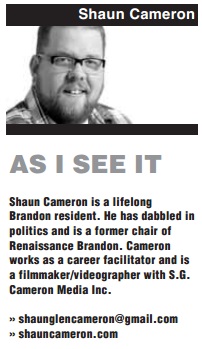
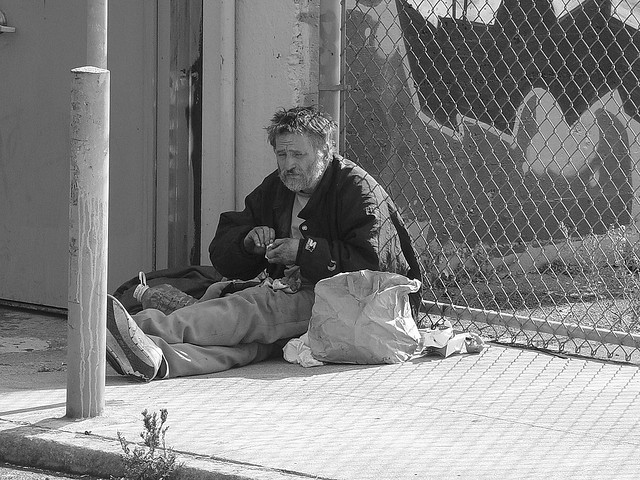
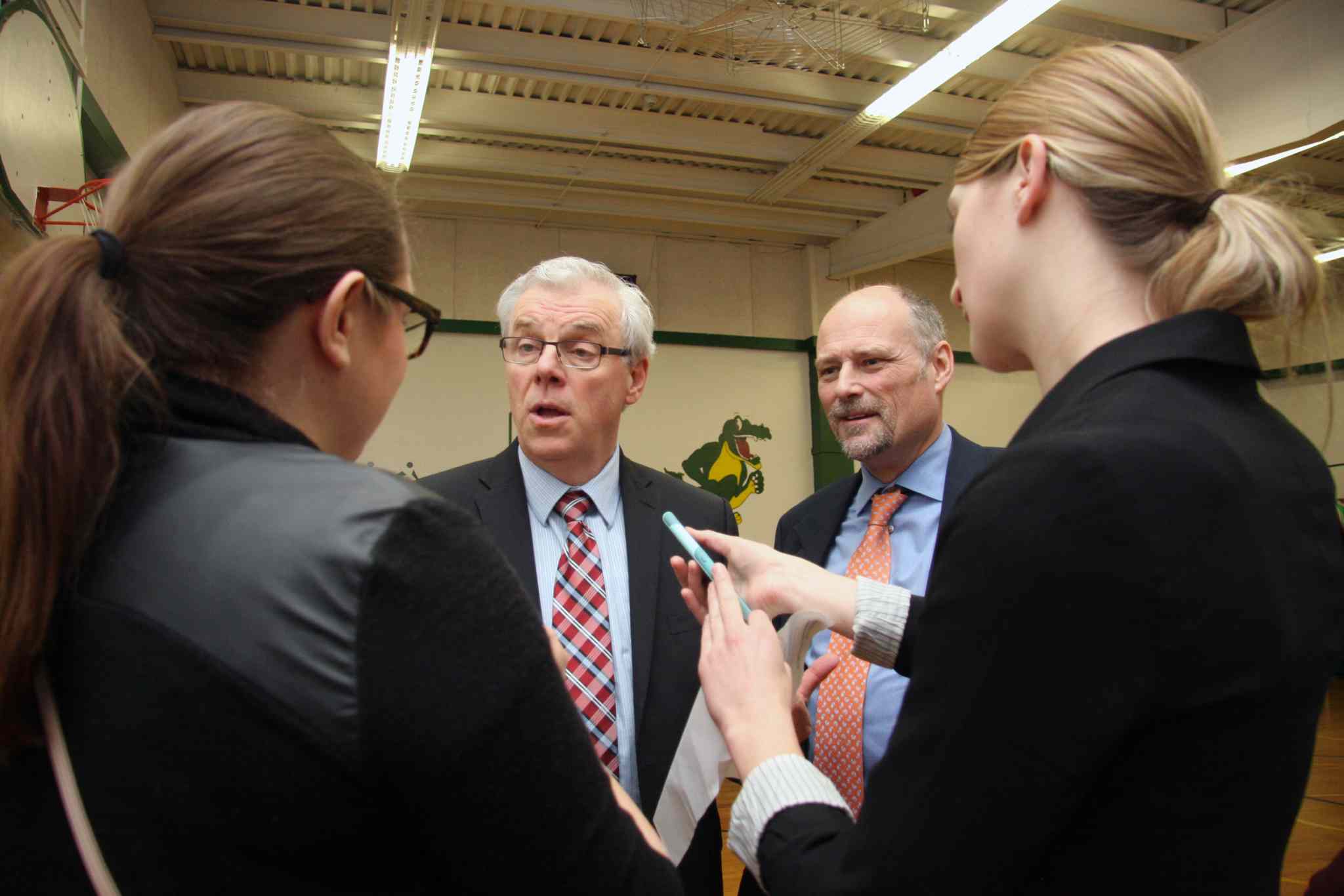
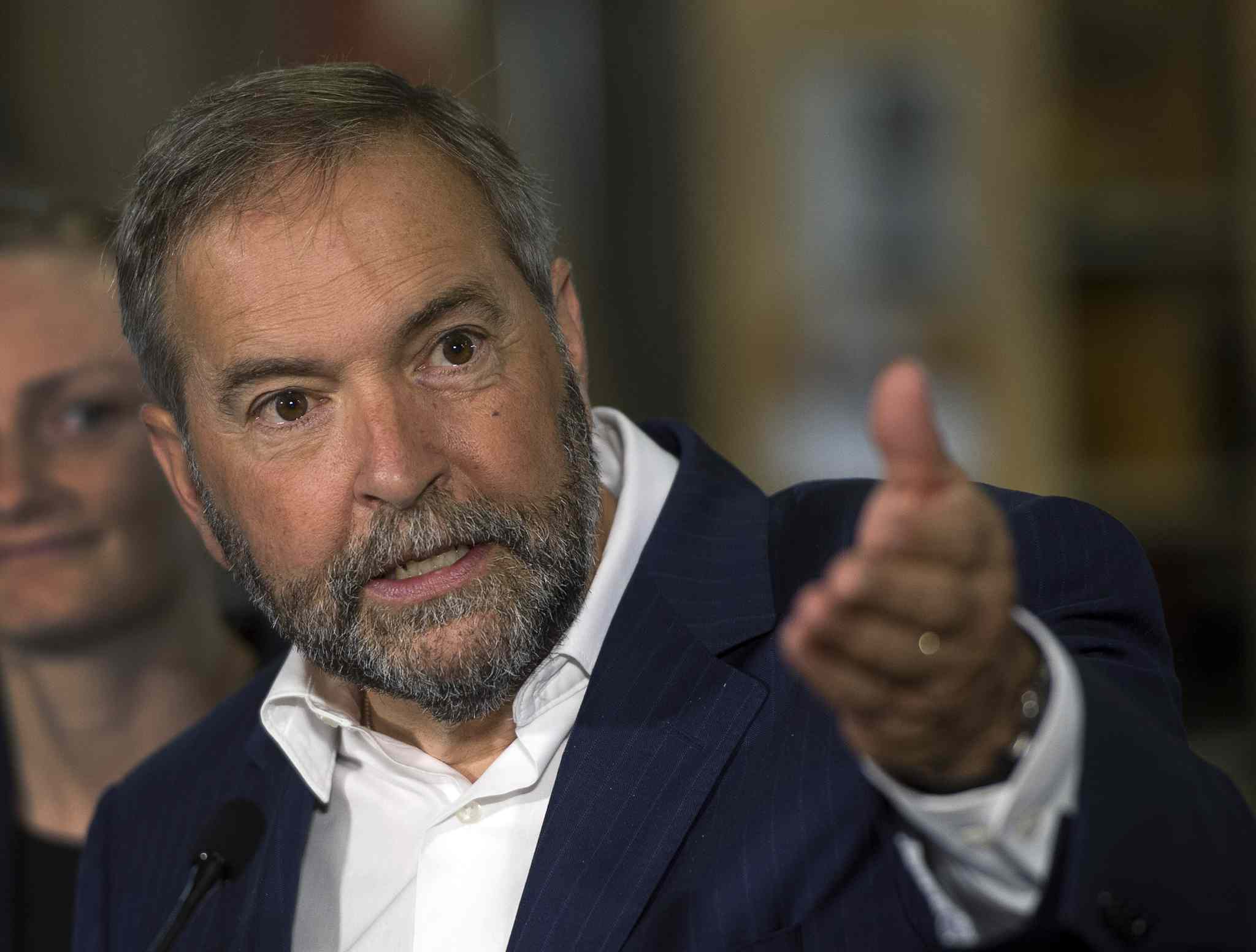
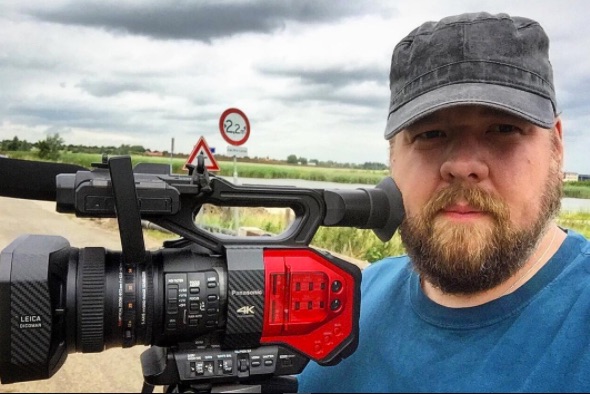
Social Profiles